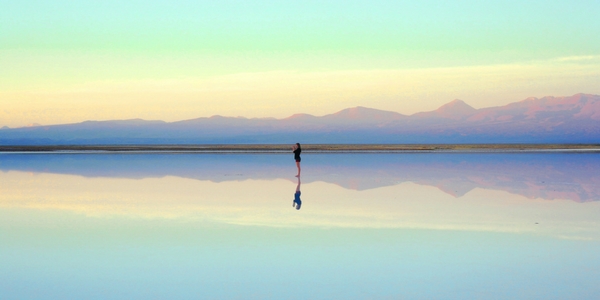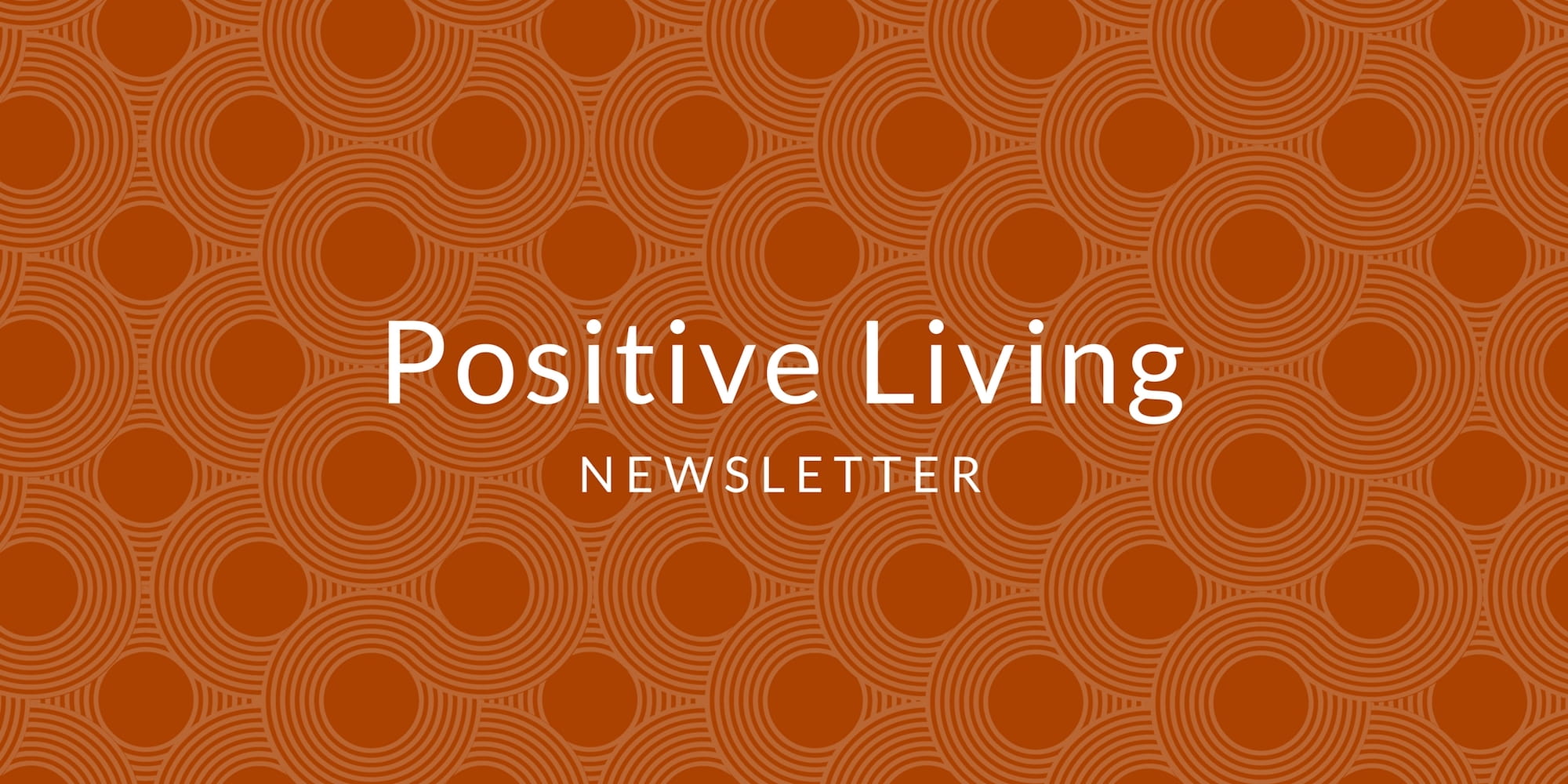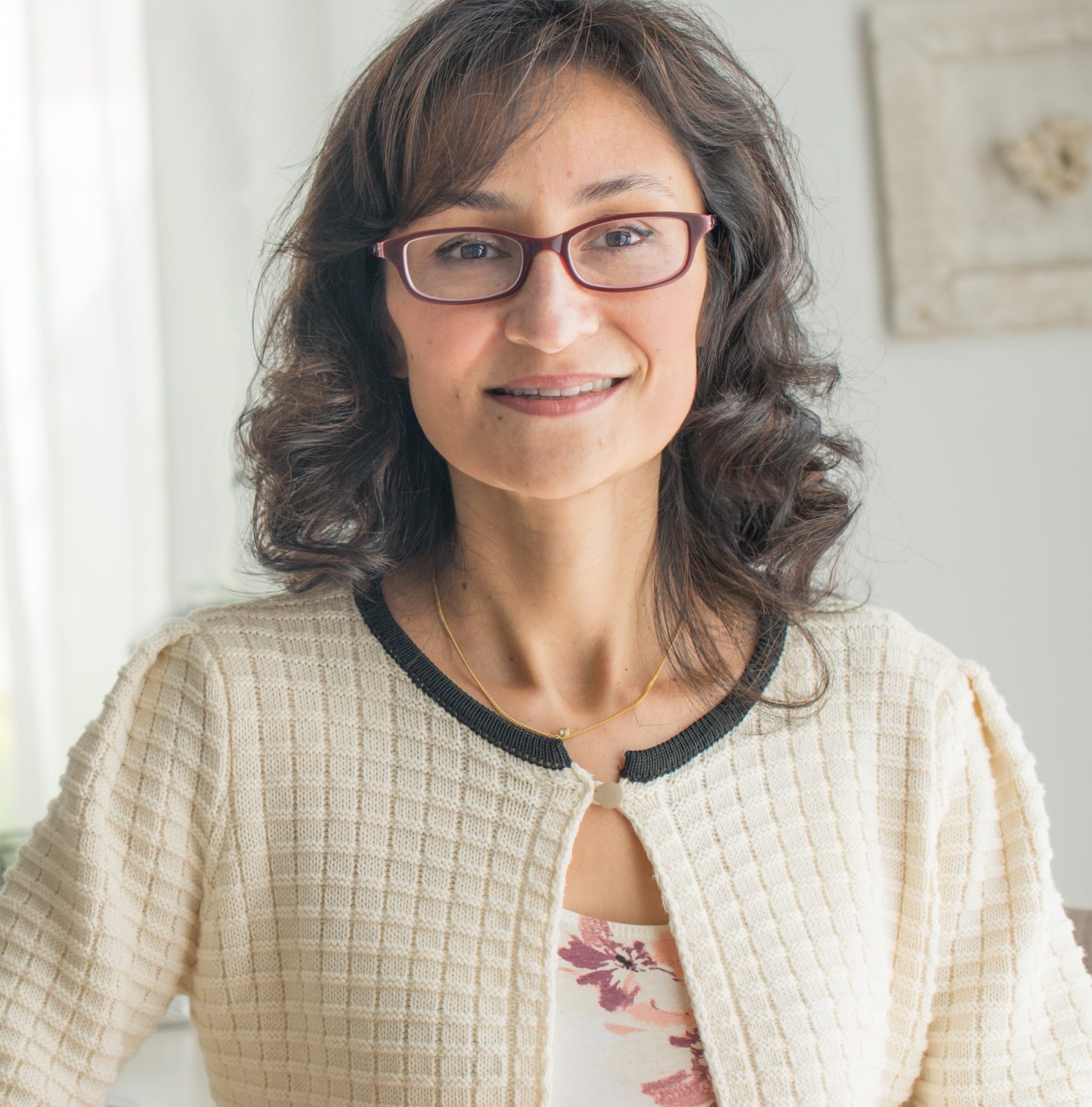Submitted by Homaira Kabir for the Positive Living Newsletter (January 2018). Read the rest of the newsletter here.

Photo by Pepe Reyes on Unsplash
A New Year is a time for reflection. We look back at the year that was—with or without regrets—and we make plans for the year to be. What will we achieve? How will we grow? How will we change? Our individual pursuits loom large on our mental jumbotron, and we fill in the blanks with goals, plans, and lists.
What often gets left behind is reflection of who we will become, how we will impact others, how we will assist in our collective journey. Unlike Gauguin over a century ago, we forget to also ask ourselves: Where do we come from? What are we? Where are we going?
I remember when I was sixteen. My world was confined to my immediate friends and family. Whatever happened beyond was also beyond my interest or power to change. Looking back, it was a blissful life of oblivion, small joys, transient sorrows, and innocence in full bloom.
Today’s adolescents are different. They’re not only perceptively aware of the issues facing our world, but also bursting with the desire to do something about them. Even my twelve-year-old’s eyes sparkle every time she connects to a cause she believes in—although these keep changing on a monthly basis!
That’s the world our children have inherited. The trend towards interconnectivity that began with the Industrial Revolution has unleashed its full force with the arrival of the internet. With the literal click of a button, young and old can connect with a cause that speaks to us, and with the people who’re just as fired up to do something about it. And this has changed the way we now show up in the world.
It makes me think of the impact of the times to mold us into the individuals we become. It makes me think of the power of our collective journey towards our individual one. For this collective journey is bigger than any one of us, influenced by events that have largely been beyond our control.
A long, long time ago, we happened to descend from trees and were forced to forage the open savannas in search of food. We learnt that banding together was essential for survival and developed ethical values such as morality, compassion, honesty, and trust-building. Millenia later, we realized we could tame fire, and soon enough began using it to advance our own interests and annihilate whoever and whatever stood in the way. Overtime, we developed individualized societies and pursued our own interests, often like inflated bubbles floating apart in our desire to become “anything we want to become.”
We now seem to be entering an era where the challenges before us are forcing us to reflect on the consequences of our actions. The arrival of the internet has raised our awareness, and the disillusionment that has resulted from placing ourselves at the center of the universe has led to a certain angst and an epidemic of depression. Many of us seem to be lost and empty, searching for something more. Our collective journey has brought us to a threshold where we’re each searching for meaning. And researchers have found time and again that we find it in belonging to something much larger than the self.
As individuals, we can satisfy this need by moving through what developmental psychologist Robert Kegan’s calls the “orders of consciousness.” His research has found that adult development and meaning-making happen in synchrony—that the more we “grow up,” the more we’re able to advance our consciousness, appreciate diversity and complexity, and hold onto multiple perspectives at the same time.
Most of us seem to be caught somewhere between the third order of a tribal mindset of “us vs. them,” and the fourth order of autonomous pride and self-interested pursuits. And while these orders are a necessary step in our adult development, they’re not enough for the challenges we face. A planet of depleting resources and increasing interconnection is calling on each one of us to move beyond our egocentric existence and engage in a common purpose.
We’re wired to do so thanks to our human capacity for compassion. But it’s up to us to nurture this capacity. As Einstein said, it’s up to us to develop it by “widening our circle of compassion to embrace all living creatures and the whole of nature in its beauty.”
This may not be easy. For we’re also wired to ensure our personal survival. We’re a divided species, both ape and bee, caught between our selfish motivations, and a deep desire to belong to something much larger than the self. And the more we recognize this human fallibility, the more intentional we can be in tending to our inherent need for meaning.
This year, as you set goals for self-improvement, do also spend a few moments reflecting on how you’ll show up in the world. That’s the legacy we’ll be proud to call our own. Individually and collectively.
You can check out your own self-worth with this short and evidence based quiz.


 Meaning Conference 2025 will be the INPM’s first in-person conference with a virtual option after the pandemic.
Meaning Conference 2025 will be the INPM’s first in-person conference with a virtual option after the pandemic.